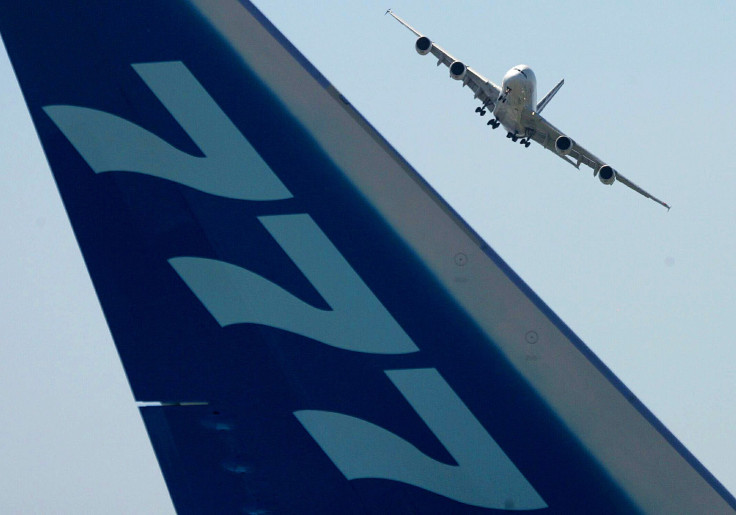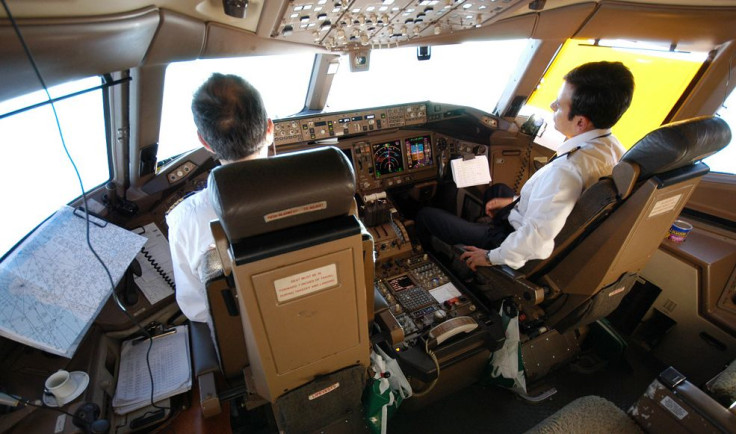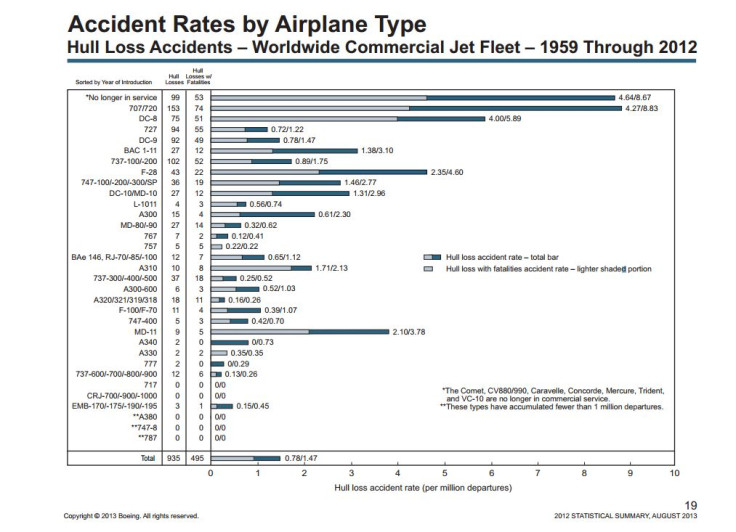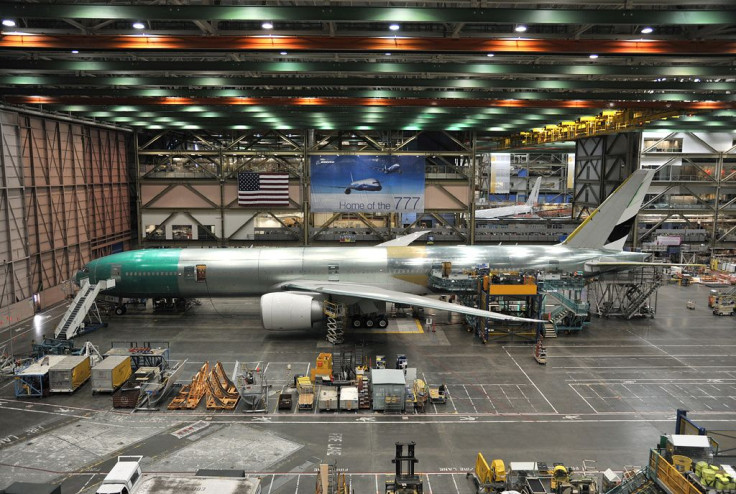After MH17 Crash, Boeing 777 Safety Record Still Among The Best In Aviation History

With the two Malaysia Airlines accidents this year, the Boeing 777 has had five accidents with hull loss in its career, which began 19 years ago. Of these five, three accidents saw a loss of life, yet the numbers are clear: The 777 remains one of the safest airplanes in the world. And at least two of those three fatal crashes had nothing to do with the airplane itself.
The Asiana Airlines crash in San Francisco last year, which killed three, was attributed by a National Transportation Safety Board investigation to poor airmanship by the crew; the Malaysia Airlines MH17 shootdown last week with 298 dead was an act of war unrelated to the plane’s performance; and the other Malaysia Airlines accident, the disappearance of MH370 in March with 239 people, is still unresolved, but may have been due to pilot suicide or hijacking. The possibility of a malfunction has not been ruled out, which would make it the only 777 fatal accident caused directly by a fault with the airplane.
Boeing says that since the first 777 entered service in June 1995, the airplane has flown almost 5 million flights and accumulated more than 18 million flight hours. According to the manufacturer, today's 777 operators enjoy a 99.3 percent dispatch reliability rate, which Boeing calls “the highest amongst all twin-aisle airplanes in service today.”
Airline industry analyst Robert W. Mann at R.W. Mann & Co. told USA Today, after the MH370 accident, that the plane's safety record "has been very strong."

A chart published by Boeing in its accident report from 2012, before any 777 fatal accidents, highlighted the fact that the 777 was the safest wide-body commercial airliner in longtime service, with 0.29 total hull losses per million departures. The Boeing 747-400 it largely replaced had, for example, a rate of 0.70 and the McDonnell Douglas MD-11, a direct competitor when the 777 was launched, had a 3.78 rate, the worst among wide-bodied airplanes. (Other big jets like the Airbus A380 and Boeing 747-8 have zero accidents, but they have been flying for far fewer years than the 777.) Even if MH370 turned out to be a crash due to airplane failure, the 777’s record as the safest big jet over the almost 20 years of its service would stand.

777s are operated by airlines based on every inhabited continent. The biggest twinjet in the world, the Triple Seven first flew in 1994. It has since become a huge commercial success; its largest variants, the 300 and 9X models that can seat more than 400 passengers, are selling so well that they are eating into the sales of the iconic 747 Jumbo Jet.
It was the first jetliner designed entirely by computer, an innovation that is now standard on current designs such as the Boeing 787 and Airbus 350. The main driver behind the project was Boeing’s desire to create a big twinjet that would be able to fly long-range routes over oceans, a money-saving innovation for airlines that until then used four- or three-engined planes for that purpose.
Fewer engines for the same number of passengers would translate into better fuel efficiency, meaning the 777 would burn less fuel per passenger. That was an attractive proposal for airlines as oil prices rose in the wake of the 1990 Iraqi invasion of Kuwait, and it has become even more attractive with the oil price spike since 2001.
Boeing’s rival Airbus offered at the time only a four-engined jet, the A340, as a competitor on long-haul routes, and the 777 cleaned up the market as a result. The Airbus went out of production in 2011 with only 377 sold, but the Boeing is going strong with 1,750 total orders and 546 orders still to deliver.
As for the one Boeing 777 accident still unsolved, Malaysian 370, investigators don’t know a lot about what befell that plane, other than that it crashed most likely in the Indian Ocean. But we know one thing: Whatever happened to the aircraft, until the fuel ran out it was still able to fly for many hours over water. Which is precisely what the 777 was designed to do.

© Copyright IBTimes 2024. All rights reserved.





















